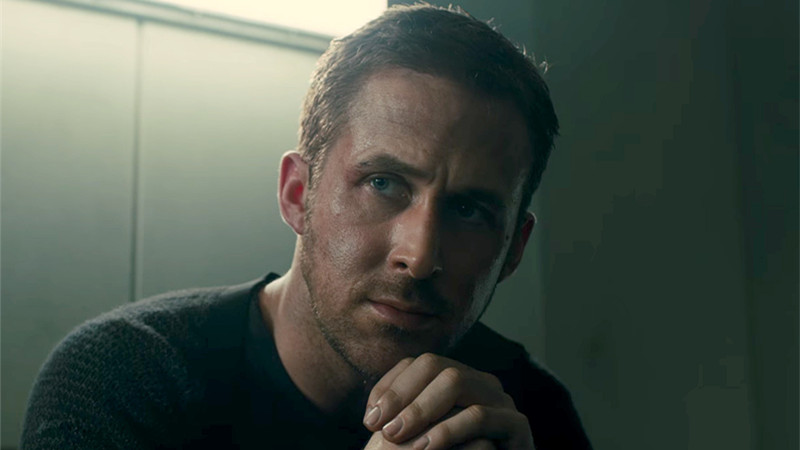
An inherently subjective premise deserves to be acknowledged as such – one person’s “profound” is another person’s “pretentious”… and it’s sure to be someone’s “petty.” But in our view, the topic is of relatively little importance when qualifying something as profound; rather, the effectiveness with which that subject is examined is of primary concern.
Movies have a unique way of revealing ourselves to ourselves… of providing a bird’s-eye view of the human condition in a way that has always made the art form a powerful vehicle for big ideas. Films have professed profundity for as long as the medium has existed, but only an elite few have fully succeeded. And it’s usually not difficult to differentiate the pros from the posers – plenty of movies simply try too hard, screaming “look at me, I’m profound… notice all the navel-gazing on display before you.”
But here we hope to celebrate a collection of modern films that have effortlessly won our respect by piercing directly to the heart of whatever subject they considered. The approaches are diverse, but each considers elements of the human condition thoroughly, honestly, and intelligently. Here are 10 emotionally mature modern films that can properly be called profound.
10. The Turin Horse (2011) – Béla Tarr
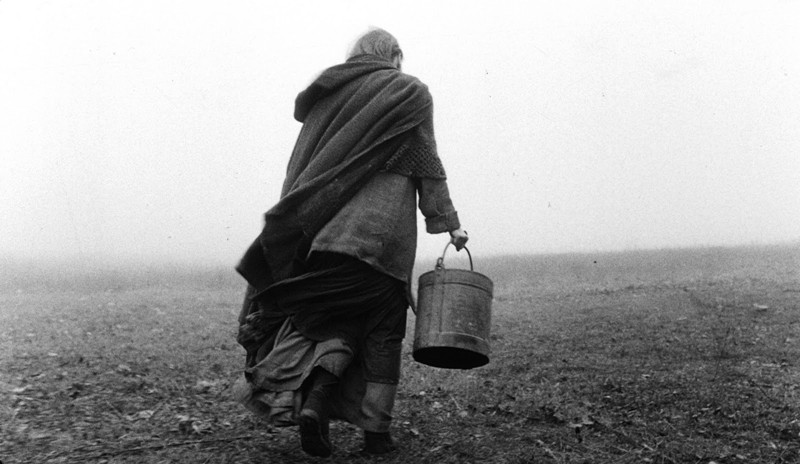
What it examines: Endurance
Searching for the profound in the mundane is an exercise reserved for the bravest artists, and finding it is a reward preserved for the greatest of them. Béla Tarr achieves this goal with the cinematic masterclass that is The Turin Horse. If one cannot find wisdom by observing life within the same four walls, it is sometimes said, then one could never find it by exploring every corner of the world. In this film, Tarr places the viewer in a strictly limited setting and asks us to see what he sees – meaning in the mundane.
The plot is as simple as they come: a farmer lives with his daughter and their horse, and they all perform the same tasks every single day. There isn’t much in the way of variety or catalysts here, but in the repetitive simplicity the director aims to show us another level of significance. The film is beautiful to behold; Tarr’s experienced hand guides the camera through long tracking shots, lingering close-ups, and meditative observance. The Turin Horse is one of the greats, by one of the greats.
9. Inner Worlds, Outer Worlds (2012) – Daniel Schmidt
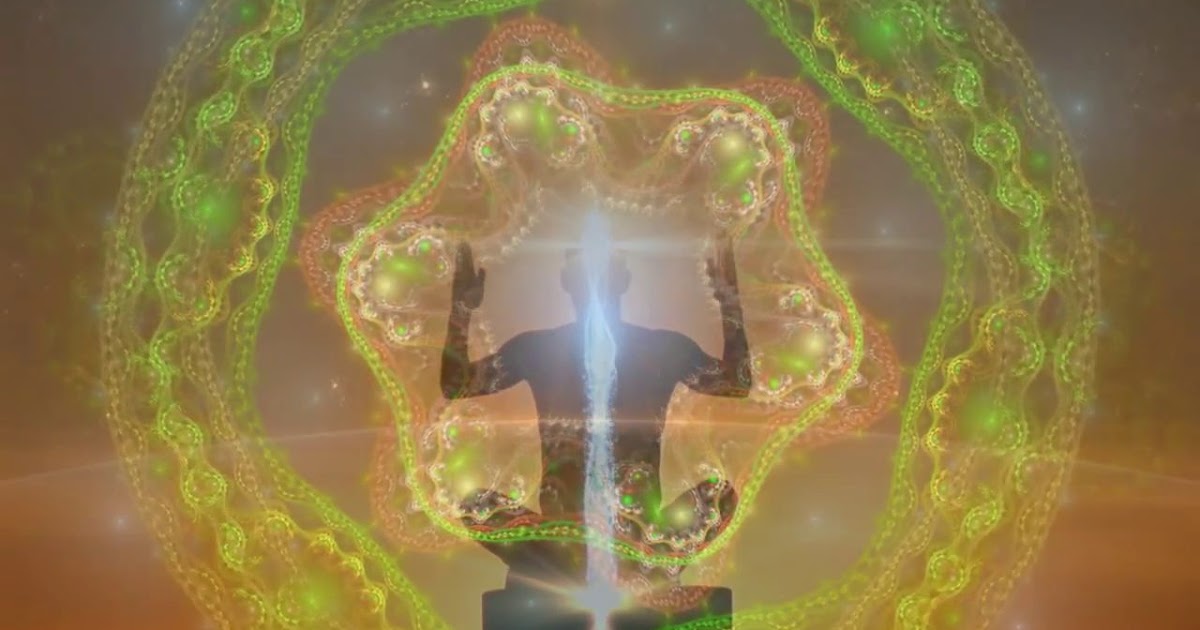
What it examines: The connection between mind and matter
Examining the relation between mind and matter is often a speculative effort, but science and experience together provide us with enough tools to undertake a little informed speculation. This four-part documentary mixes educated conjecture with elements of established spiritual tradition to create a truly unique cinematic exploration of that shadowy realm where science and the metaphysical intersect. There are four segments: “Akasha,” “The Spiral,” “The Serpent and the Lotus,” and “Beyond Thinking.”
Inner Worlds, Outer Worlds certainly does venture into the realm of the mystical, but it makes no apologies for doing so. With fearless vision, the director creates a vividly inspiring world which commands our attention, delights our senses, and challenges our preconceptions. The filmmaker, also a meditation teacher, decided to release the film for free, a decision which serves its purpose perfectly. It points us to a higher, better world, and does its best to show us the path to achieving it from the inside out.
8. Mulholland Drive (2001) – David Lynch
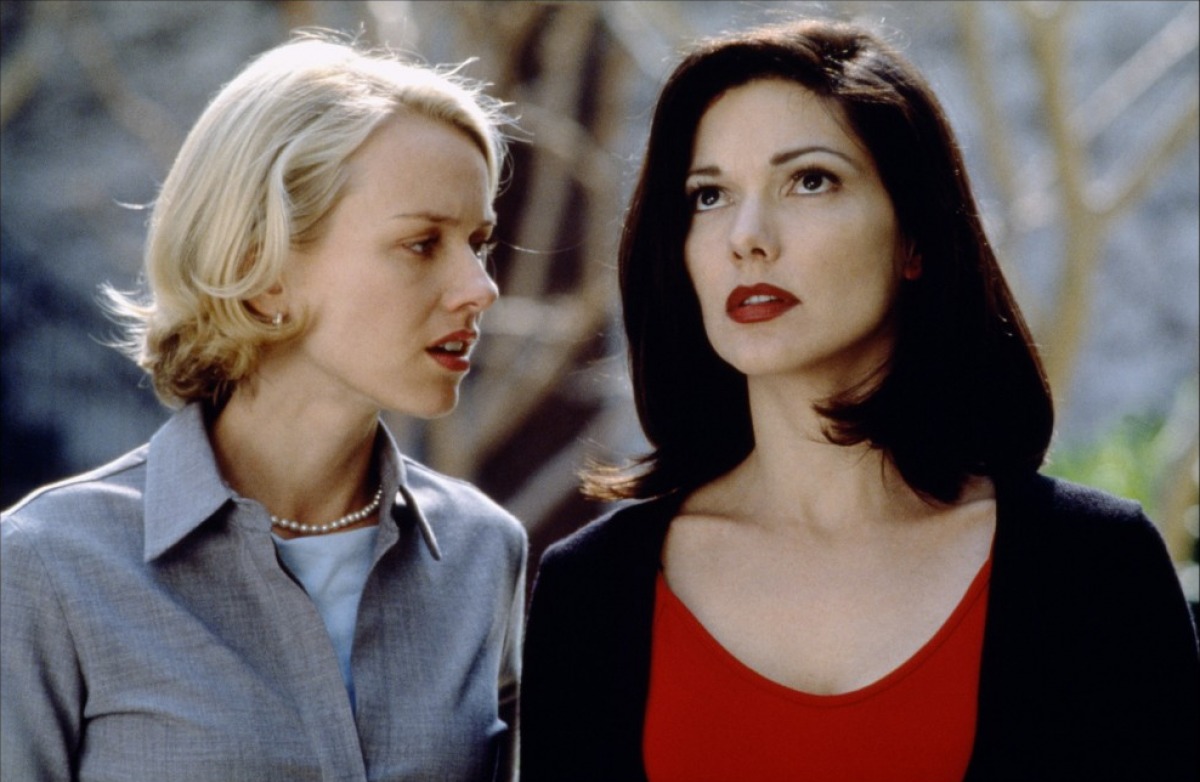
What it examines: The subconscious
How can we possibly discuss the profundity of the bafflingly enigmatic Mulholland Drive when no sentient being has the first clue what it’s about? Well, in this case, the film’s opacity serves our purpose perfectly. Director David Lynch is masterfully fluent in the language of the subconscious, and Mulholland Drive is the purest expression of his skill. While acknowledging that we may not fully understand its meaning, it’s impossible to deny that the film hits us in an unnervingly effective way. Some trigger in our minds goes off which allows us to relate deeply to the events on screen despite our best efforts… and that’s a big part of what makes watching it a profound experience. Is Mulholland Drive explicable? No. But is life explicable? Of course not. The film hits us deeply, and hints at big ideas just beyond our grasp – as in a dream. And its ambition packs an unforgettable punch.
As for the plot – well, a woman gets into a car accident, loses her memory, and slowly starts to morph into another woman she just met… You have to see it to get it.
7. Blade Runner 2049 (2017) – Denis Villeneuve
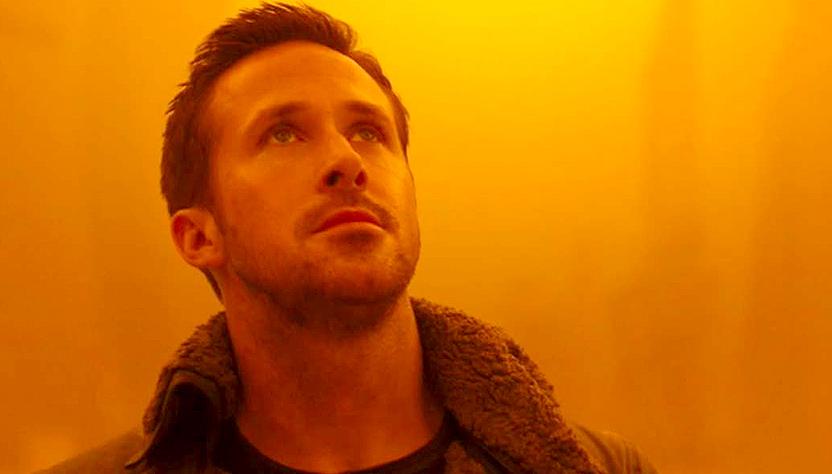
What it examines: The nature of consciousness
The topics that were tackled in the original Blade Runner are further explored in this updated reboot. The nature of consciousness and the identity of the individual ego are examined through the lens of a futuristic sci-fi landscape. Big questions are asked – What does it mean to have a soul? Is it a soul that makes us human? Is the idea of having a soul just an invention that helps give us meaning? Obviously these are perennially unanswerable questions, but Blade Runner takes a refreshingly intelligent look at them.
Ryan Gosling and Harrison Ford star in what has already been dubbed a modern masterpiece, with Villeneuve calling the shots and Roger Deakins wielding the camera. Gosling plays “K,” an agent hunting down replicants in 2049 Los Angeles. It’s important to not give away too many details about the plot, but we’re gifted with a gorgeous, thoughtful sci-fi epic which spares no expense and compromises none of its message. It’s a worthy heir to the 1982 original classic.
6. Into Great Silence (2005) – Philip Gröning
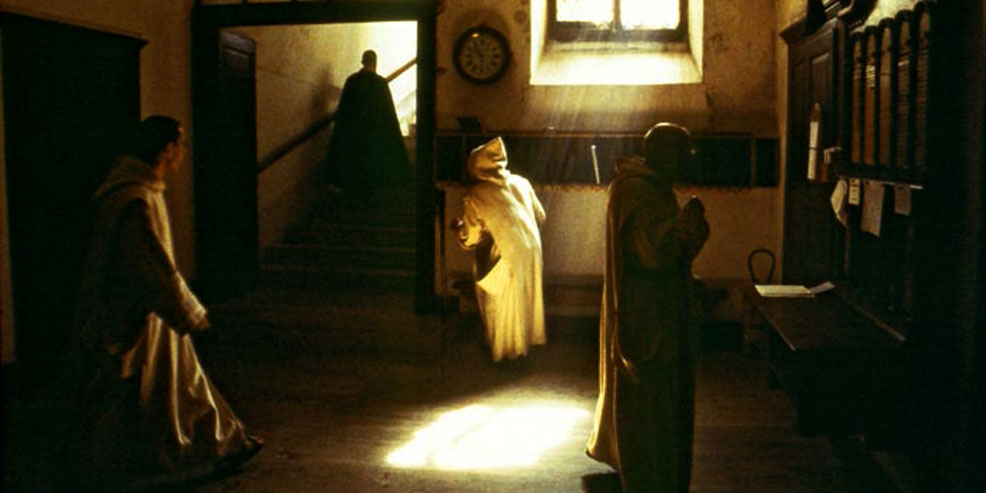
What it examines: Silence
Into Great Silence provides the modern viewer with an experience that many may never have in real life – nearly three hours of total calm, which represents six months of actual meditative silence experienced by the filmmaker… which represents the entire lives of monks in the Grande Chartreuse monastery. Hidden in the French Alps, the monastery is home to a group of Carthusian monks who welcomed the film director into their world for half a year; now, the viewer can also be initiated into the mystery.
This unique film is, above all, a celebration of silence, and for the viewer it’s the cinematic equivalent of a guided meditation. By observing the monks during their daily disciplines without the addition of subjective commentary, Into Great Silence lets the quietude speak for itself. Romanticizing the austere practices of the brothers is avoided, but it’s hard not to admire the simplicity of their lives. The idea of silence itself is somewhat idealized though, and rightly so; the filmmaker selected this topic for a reason, and he presents it in lavish, loving fasion.